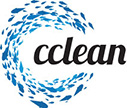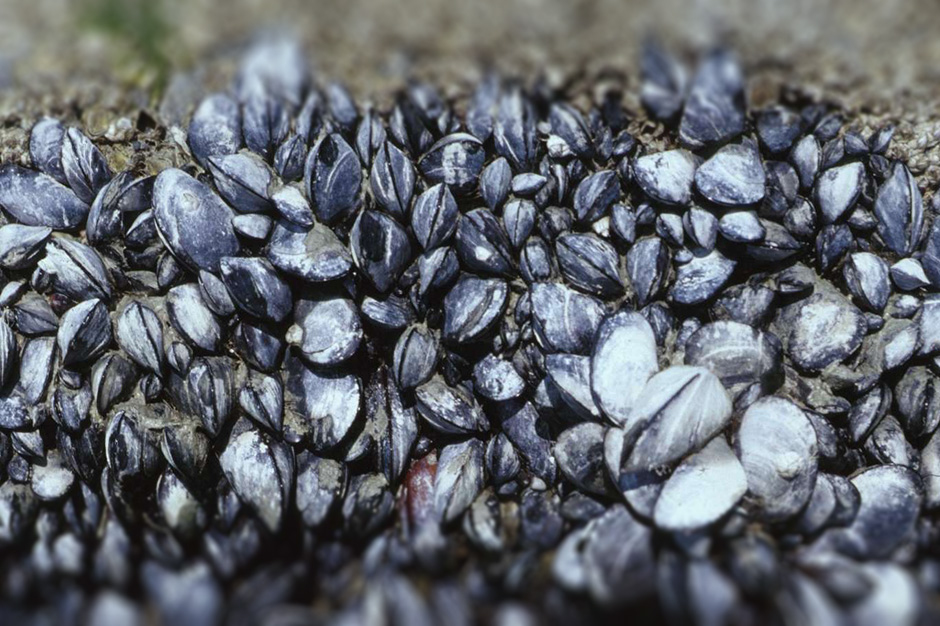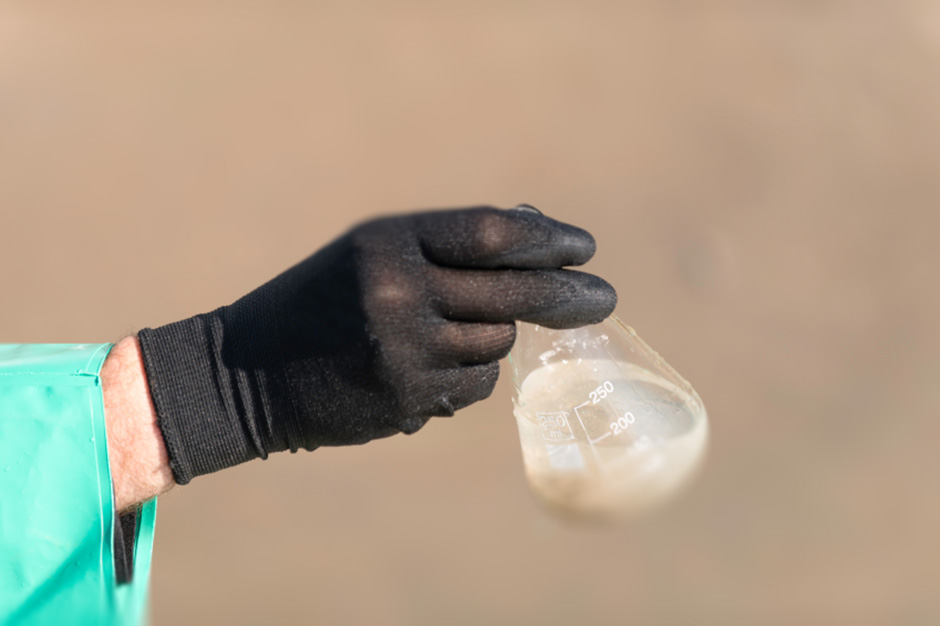CCLEAN has been adaptively managed in order to make best use of scarce budgetary resources and enable pursuit of questions that have arisen through analysis of program data and emerging environmental issues. Major milestones in the evolution of the program have included the following:
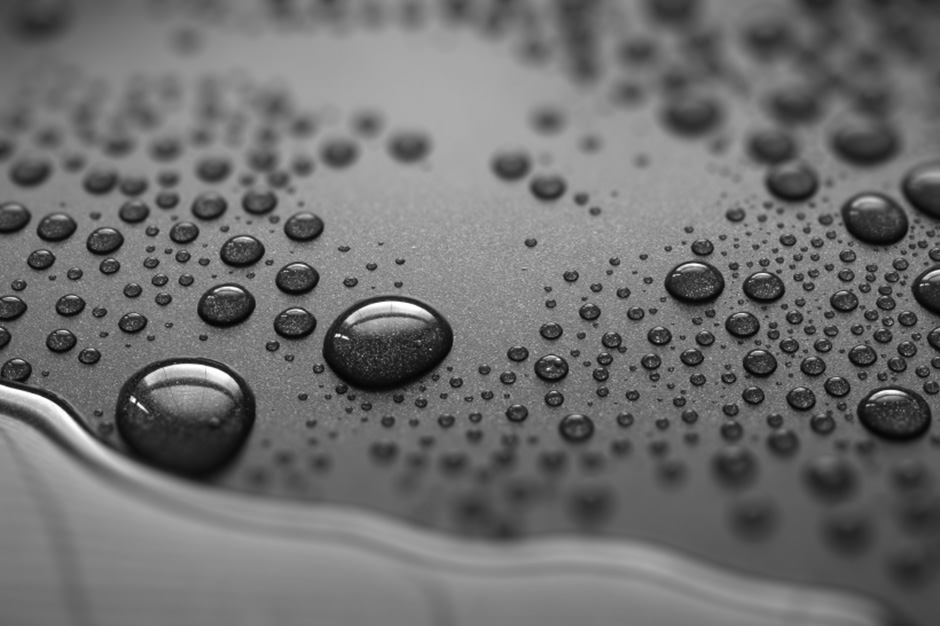
2006-2007
Stream sampling was eliminated due to implementation of monthly sampling by the Central Coast Water Board as part of its Coastal Confluences Ambient Monitoring Program (CCAMP); mussel sampling frequency was reduced from twice per year to an annual wet-season index period; measurements of Diazinon, Chlorpyrifos and alkylated PAHs were eliminated; measurements of the flame retardants polybrominated diphenylethers (PBDEs); non-stick coatings perfluorinated compounds (PFCs) were added; and CCLEAN effluent pollutant data began to be used for NPDES permit compliance.
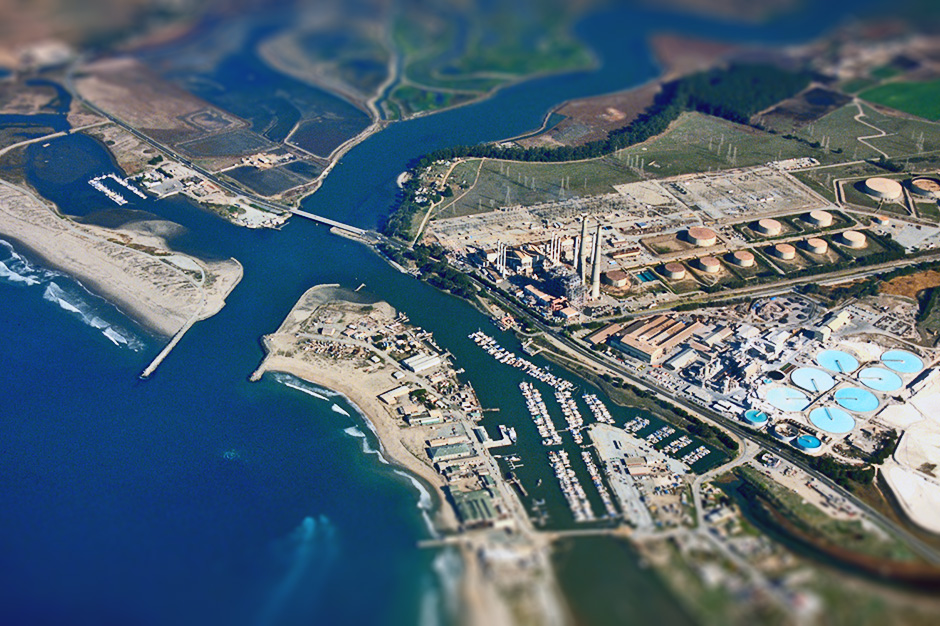
2007-2008
Sampling at most river mouths was discontinued so that program participants would not be required to fund sampling of constituents that they could not control.
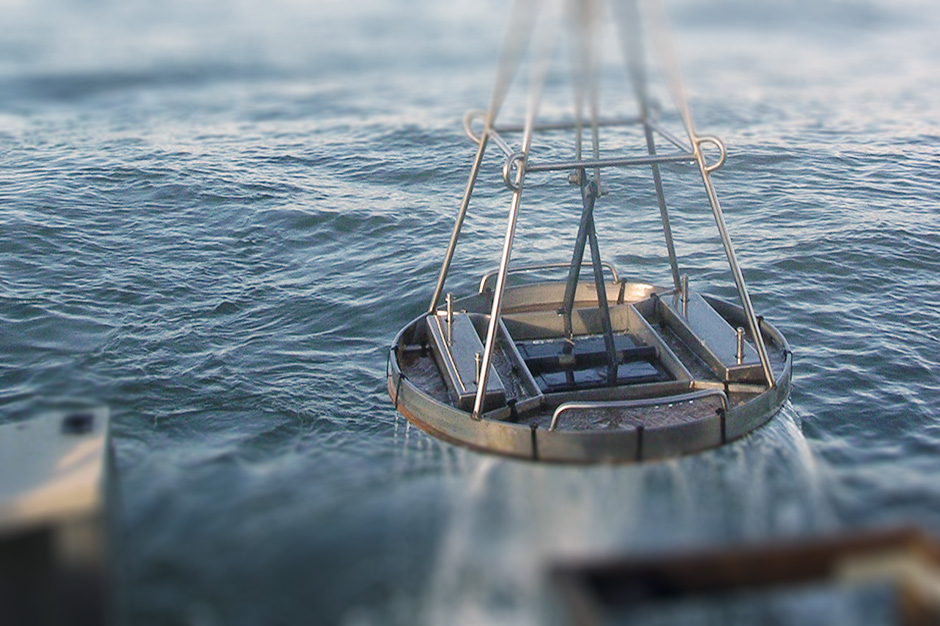
2008-2009
Sediment sampling near the mouths of the Pajaro and Salinas rivers was performed in an attempt to track high concentrations of legacy pesticides back to their sources, measurement of dioxins/furans began in water and wastewater samples.
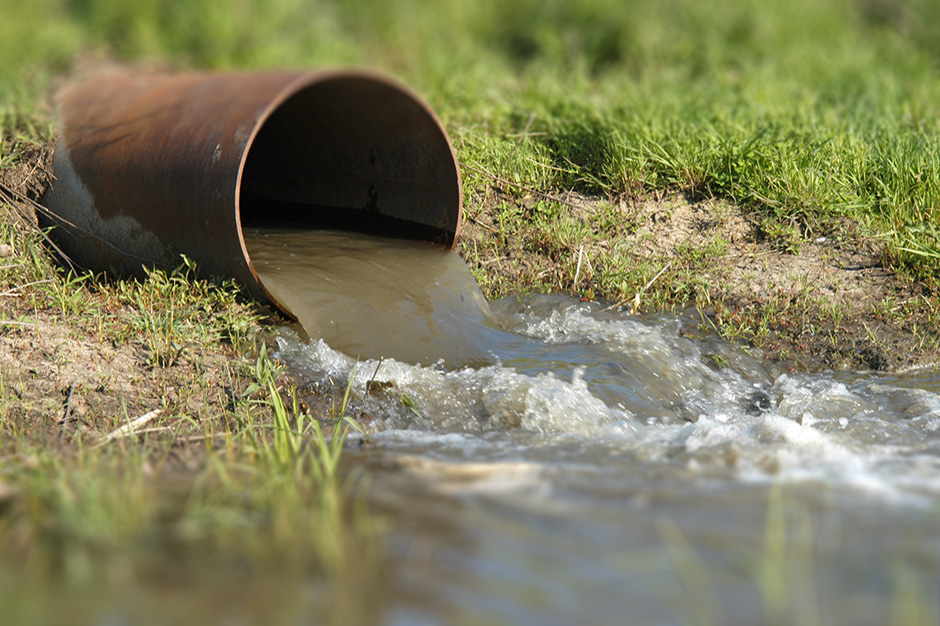
2009-2010
A modified EPA assay was implemented to determine the measure of specific reproductive endocrine disrupting activity in effluent wastewater from participating agencies. Study was peer-reviewed by Golder Associates, and repeated testing was recommended; sediment sampling was reduced to six of the eight historic CCLEAN sites and the frequency of sediment sampling was reduced to every five years.
